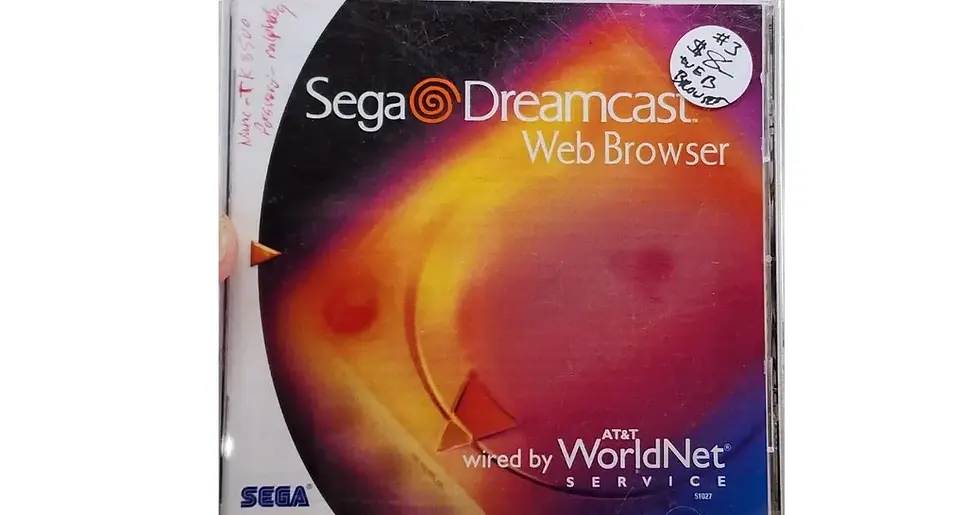Teen with Epilepsy Plays Honor of Kings, Black Myth: Wukong Using Brain Interface in China
- Sagar Mankar

- Apr 19, 2025
- 2 min read

A 19-year-old epilepsy patient in China has successfully played advanced video games—using nothing but their thoughts. The technology behind this achievement? A flexible neural implant system known as Beinao-1, similar to what we see with Elon Musk's Neuralink.
Developed through a collaboration between Brain Tiger Technology, the Tianqiao Brain Science Research Institute, and the Shanghai Institute of Microsystems, Beinao-1 allows users to control digital interfaces without traditional input devices like keyboards, mice, or game controllers.
From Pac-Man to Black Myth: Wukong—With Pure Thought
The patient’s journey began with simple games like Pac-Man and Tank Wars, quickly progressing to more complex titles such as Honor of Kings and action RPG Black Myth: Wukong.
The speed of adaptation was especially remarkable—within just 20 hours of training, the user achieved a brain-controlled cursor speed of 4.07 bits per second, approaching the 4.6 bits per second milestone reached by Neuralink’s first patient—but only after 60 hours.
“This response speed is gradually approaching the operation speed of a normal person using a traditional mouse,” said Zhou Zhitao, a lead researcher at the Shanghai Institute of Microsystem and Information Technology.
How the Tech Works
Beinao-1 uses 256 flexible cortical EEG electrodes implanted directly into the brain. These ultra-thin sensors decode neural signals in real time, translating them into precise computer commands. The system runs on XessOS, a brain-computer operating system, and uses machine learning and deep neural networks to improve with every session.
It doesn’t just stop at gaming—using Beinao-1, the patient was also able to browse the internet, operate apps, and control smart home devices, all with pure brain activity. That opens the door for meaningful accessibility tools for people with mobility impairments, neurodegenerative conditions, or speech limitations.
With brain-computer interface tech rapidly advancing, Beinao-1 is proving that what once felt like science fiction is now moving toward daily reality—for gamers, patients, and everyone in between.
Thanks, Ithome & Toms Hardware








Comments